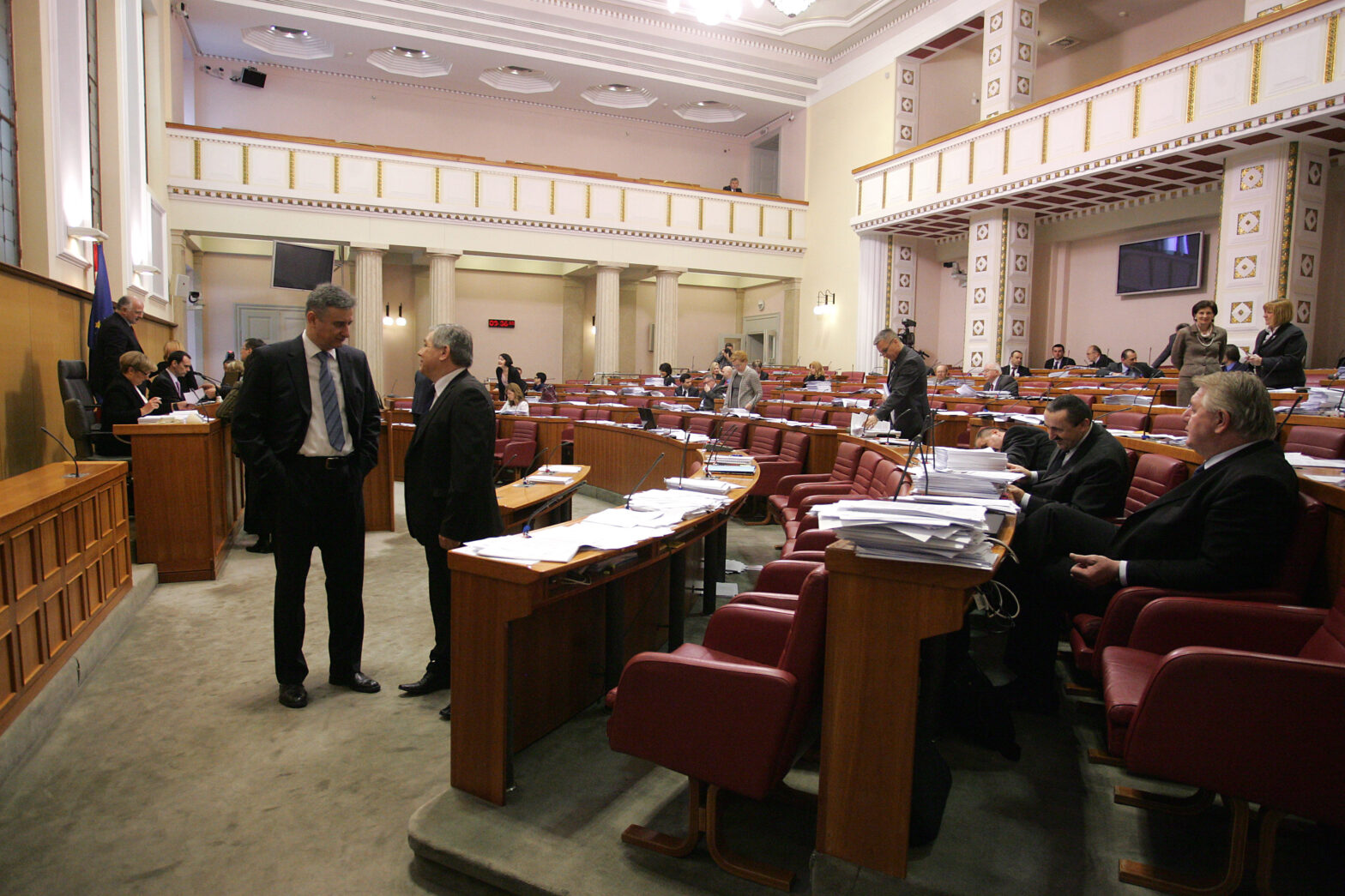Due to the fact that a new draft proposal of the Right of Access to information act is currently undergoing parliamentary procedure and is soon expected to be voted upon, GONG organized a public discussion in order to analyze the proposed draft and make further recommendations to the legislator.
“High school education is falling to prevent some elements of undemocratic, authoritarian tendencies and negative attitudes towards minorities therefore it is necessary to introduce the subject of human rights and democratic citizenship to increase the level of political knowledge of young people.” This was pointed out at a conference organized by GONG and the Faculty of Political Science in Zagreb.
Dragan Bagić, a college professor and a member of the GONG Council, presented the results of his research from 2010, about the political stands of high school seniors. The results of this research demonstrated that formal political socialization is not successful in promoting the values of active citizenship, also that a clear difference in standpoints exists regarding the type of high school education.
The results of this research demonstrate undemocratic, authoritarian and radical standpoints of young people who also demonstrate a high level of ethnocentrism. For example; 37 % believe that NGOs are working against the interests of Croatia, 47% consider homosexuality a disease, while 45% would ban political parties etc.
When it comes to knowledge about the political system in Croatia, most seniors know who the current president is, who has the right to vote and what does division of powers mean. The lowest level of knowledge was demonstrated about the current political party or the ruling coalition, NGOs and the date of the last Parliamentary Elections.
The results of the research about the expectations and fears that young people possess about Croatia accessing the EU, was presented by the President of the Institute for Social Research, Vlasta Ilišin. According to this research, 50% of high school students support Croatia’s entering EU. They fears are connected to the possible loss of its national identity, increase socioeconomic insecurity and Croatia’s unequal treatment in the EU. The attitudes that young people possess towards the EU are influenced by the political processes and the dynamics in Croatia and in the EU.
Sandra Pernar, GONG Executive Director, presented recommendations based on this research, hoping that the Committee for Human Rights and Democratic Citizenship will take them into account.
Paolo Berizzi, adviser in the Delegation of the EU in Croatia, stated that even though politician sometimes don’t listen to the political analysis, the Delegation not only listen but defines its strategies according to them.
